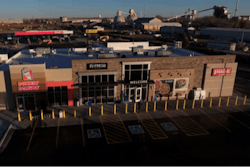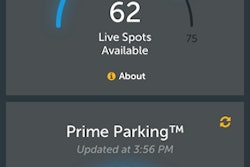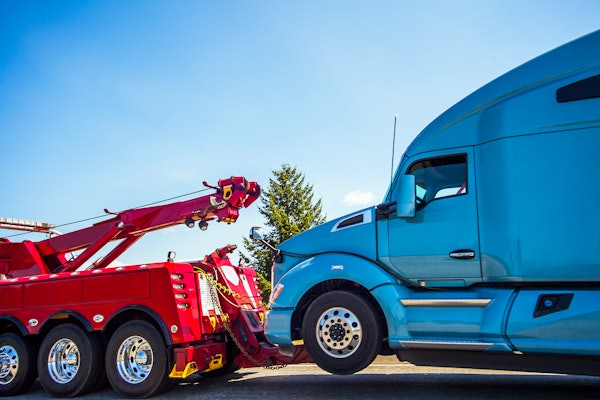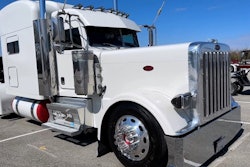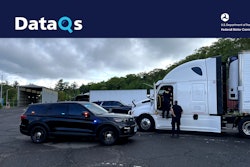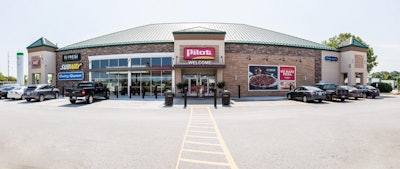 Pilot Flying J’s Lebanon, Tenn., location was one of 50 that were renovated, inside and out, in 2017. The company has plans for more renovations and approximately 20 new stores in 2018.
Pilot Flying J’s Lebanon, Tenn., location was one of 50 that were renovated, inside and out, in 2017. The company has plans for more renovations and approximately 20 new stores in 2018.Pilot Flying J opened eight new travel centers and renovated 50 existing locations in 2017, and the company is looking to carry that momentum into 2018 with more new locations and renovations, parking availability notifications and more.
PFJ Chief Merchant Brian Ferguson says the company focused on updating existing locations last year. The company added parking spaces, built new shower facilities and expanded services at 50 locations.
Ferguson says the company plans to open 20 new locations this year and renovate approximately 50 more. A few of these stores will include mini Bass Pro Shops, as part of a partnership between the companies.
The company also began last year rolling out parking sensors at some of its West Coast locations, which provide alerts to drivers through the MyPilot app of available parking at a given PFJ location, says Tyler Tanaka, head of digital innovation for PFJ.
“There are 1.5 million truckers on the road at any given time and only 375,000 parking spaces, and the ELD doesn’t help that problem,” Tanaka says. “These sensors provide real-time parking availability, which is good information for drivers to be able to maximize their hours-of-service. It can help take some of the anxiety and stress out of their day.”

Tanaka adds that his team is looking to make the MyPilot app the company’s primary point of contact with drivers to offer in-store savings and other tools. Additionally, the company is gathering feedback from truckers on where the biggest parking pain points are on the road in order to know where to focus on placing parking sensors.
“We feel like we’ve solved the I-5 corridor with sensors at 33 locations so far on the West Coast, and we know the Chicagoland area, Texas and New England are huge parking pain points for drivers,” Tanaka says. “We’re focusing on the biggest congestion areas.”
Finally, PFJ launched in 2017 its TruckCare program, which includes emergency roadside service, as well as maintenance shops at some travel center locations. “We’re in the shop business now,” says Dave Latimer, vice president of shop strategies and operations.
Last year, the company deployed 150 roadside assistance trucks to offer roadside service to drivers in those areas. PFJ also opened seven service shops at travel center locations. Over the next five weeks, Latimer says five more maintenance facilities will open, along with 20 more by summer. These shops provide basic services such as preventive maintenance, DOT inspections and light mechanical work.
“We want to be the urgent care facilities to get things done that a trucker needs in three hours or less,” Latimer adds. “We’ll let the truck dealers and those facilities be the hospitals for major work.”





